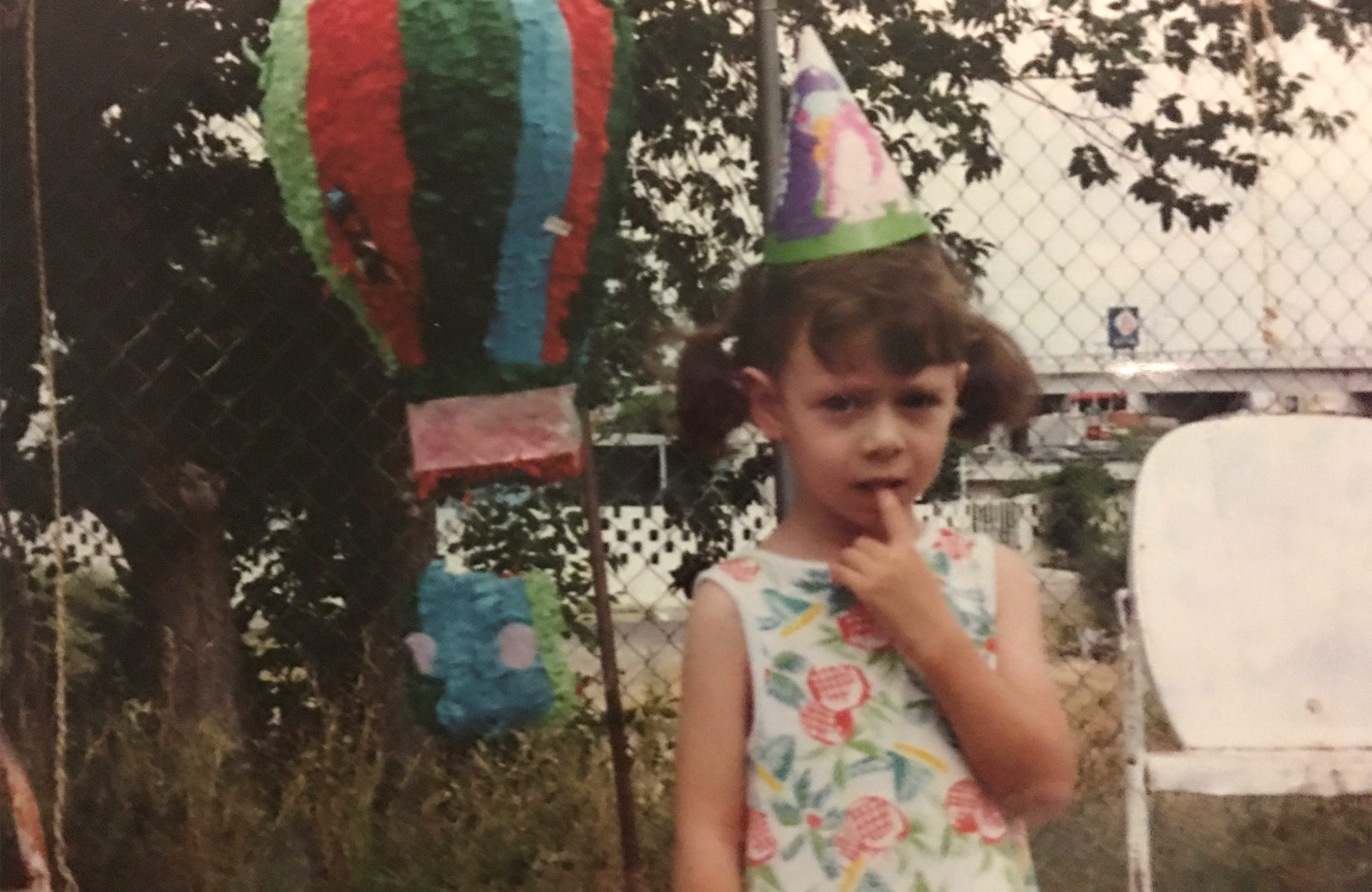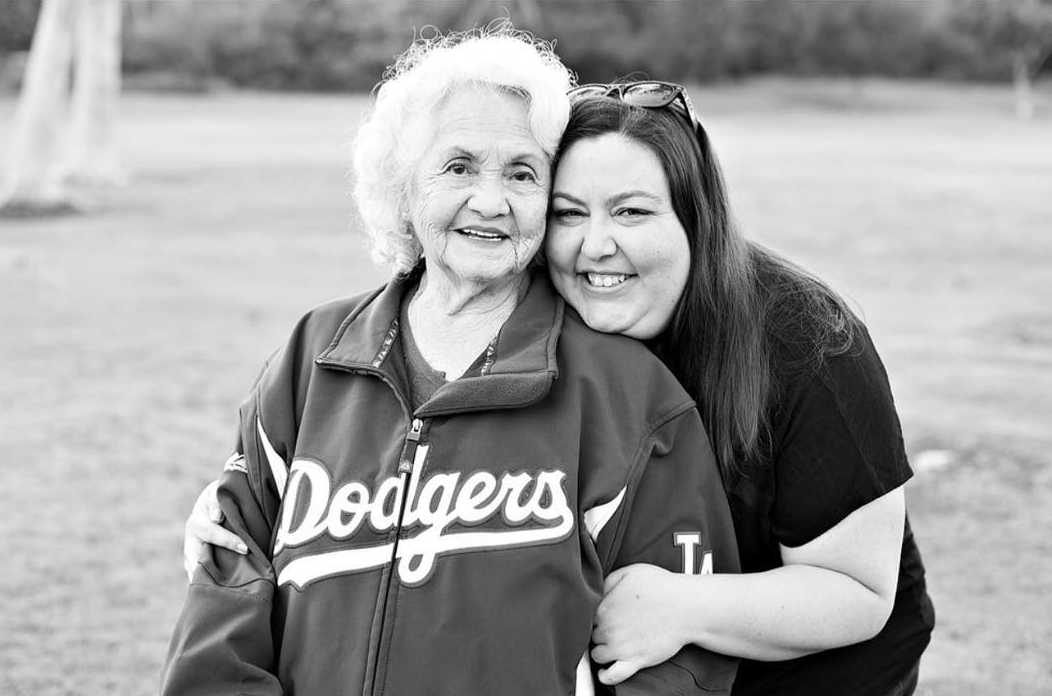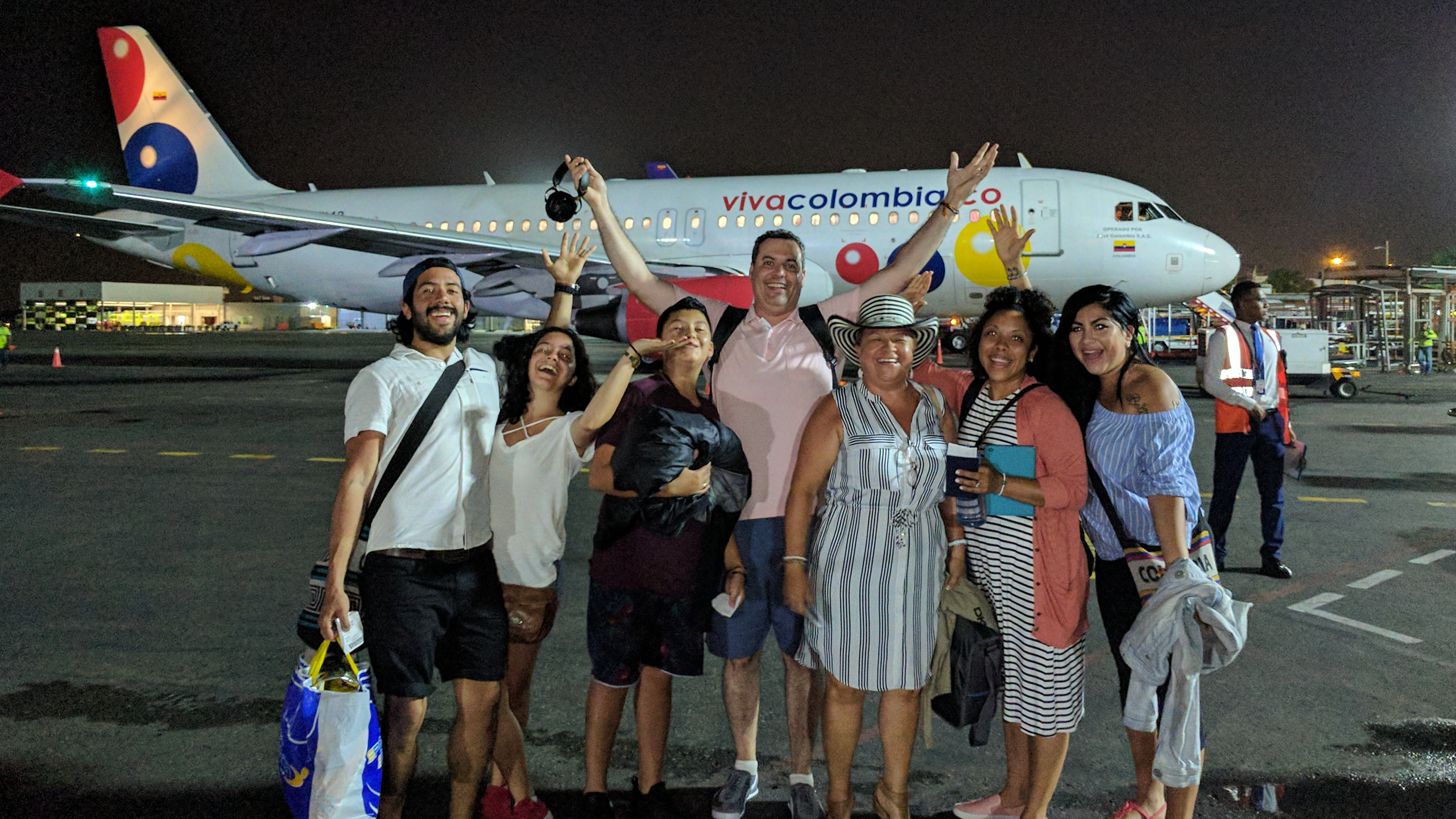Hispanic Heritage Month, held from September 15th - October 15th, honors the contributions and significance of Hispanic Americans to the US and celebrates the rich heritage and cultures of Americans from or with ancestors from Mexico, Central and South America, the Caribbean, and Spain.
Editor's Note: This article was originally published in 2021 and was updated in 2023.
This time period also holds greater historical meaning to many Latin American countries—Mid-September is the anniversary of independence for Costa Rica, El Salvador, Guatemala, Honduras, and Nicaragua, as well as Mexico and Chile (September 16 and September 18, respectively).
To celebrate and honor Hispanic Heritage Month, we invited CJ employees who identify with the community to tell us more about their roots, and share their favorite things (hi, we're hungry now!), as well as amazing stories about the people who inspire them.
Brandi Chilton, Content Marketing Strategist, Plano, TX

How did you get your start at CJ? I previously worked for a travel advertiser and CJ client, so I was very familiar with the business!
Tell us more about your cultural background and your roots. I'm half Mexican—my mom was born in Juárez and immigrated across the Rio Grande to El Paso, TX when she was a little girl with her mother and grandparents, where they managed a farm. She moved to Los Angeles after college, where she met my dad, a Jewish New Yorker who was also living in Los Angeles. My mom's family are all native Spanish speakers and I desperately try for my own fluency!
How do you celebrate your culture? Being "half" Latinx Is a little tricky. On one hand, I have these truly unique cultural experiences of growing up visiting my Abuela's adobe house in El Paso and helping to make tamales on Christmas; but on the other hand, I don't speak Spanish and I don't look or sound like my Mexican mother. To celebrate the culture, I try to learn little traditions when I can that might live on in my family, like perfecting rice, birria tacos, or horchata, or practicing my Spanish (thanks, Duolingo!).
What's something you'd like others to know about your culture? We have all these weird, quirky, almost witchy superstitions. I try not to give in to them, but like, what would happen if I went to bed or outside with wet hair? Or if a stranger swept my feet? Who's to say.
Also, another thing I think we can all relate to is getting your mouth washed out with chilis when you use a bad word. (Especially when you learned to say it in Spanish to talk about your non-Spanish-speaking father!)
What's your favorite thing from your culture? The food! My mom makes the best Mexican rice that I've been trying to replicate for years! What's not to like? Horchata, empanadas, and carne asada tacos.
Any books, movies, Instagram accounts, etc. that you'd like to recommend? One Hundred Years of Solitude by Gabriel García Márquez
Sommer Urías, SVP, Client Strategy & Influencer Solutions, Santa Barbara, CA
How did you get your start at CJ? I started my career at CJ as a temp receptionist right out of college.
Tell us more about your cultural background and your roots. I am a Latina with Mexican and Texan roots. My Nana immigrated to the United States from Ciudad Juarez (Chihuahua Mexico) when she married my grandfather who was a US Soldier stationed at Fort Bliss in El Paso Texas. His family are true Tejanos, tracing their roots back to when Texas was a part of Mexico. I was raised by my Nana since I was two weeks old, with Spanish being my first and primary language.
What's something you'd like others to know about your culture? Latin culture is as diverse as its history is. Every region is unique and rich in its own right—with its own food, music, and subcultures with roots that can be traced all the way back to indigenous, African, Asian, and European origins.
What's your favorite thing from your culture? Mariachi Music! I love watching talented Mariachi bands perform live with their harp, guitars, violins, trumpets, and more in perfect symphony. The songs transcend time and are sung with so much emotion, that you can feel their joy and pain, even if you don't understand Spanish. There really is nothing like ending a gathering with a few tequilas, embracing your friends, and singing mariachi music together from the bottom of your heart to the top of your lungs.
How does your cultural background shape your "everyday self" at work? I am the granddaughter of migrant farmworkers, my family picked produce in the fields during the day and cleaned offices at night—the same exact type of offices that I work out of today. I am constantly reminded of and aspire to attain the work ethic and resourcefulness of the generations that came before me. I try to never lose sight that I am living my ancestor's wildest dreams and use that to drive myself to give my best to every task, leave things better than when I found them, and build a sense of community as a team.
There is an old Mexican saying that my Nana taught me that goes, "Es mejor vivir como rico, que morir rico" which roughly translates to "It's better to live a rich life than to die a rich person". This is my mantra at work. As a leader, I try to enrich my team's work lives by encouraging investment in personal development, creating a lighthearted atmosphere, and building a team that people are proud to be a part of. It’s equally important for me that my team feels a sense of pride in driving results for clients as it is that they have fun while doing it.
Who or what inspires you? My Nana inspires me every day. She is 93 years old now and has not lost her zest for life. She gives sage advice and has a story or a saying for any situation I may find myself in. She’s the funniest person I’ve ever met. She loves dancing, music, and Dodger's baseball. I am inspired by her journey. I think about the life she's lived here and the life and culture she left behind. She left Mexico to marry a US Soldier at 15, had five kids, and was widowed at 32. She worked hard labor jobs most of her life, including 14-hour days of factory labor for 15 straight years. She says the hardest thing about getting old is not being able to be more active in life and around the house. This is the Mexican work ethic that some people fail to understand—the belief that if you aren’t contributing, you have no purpose. I strive to be even a tenth of the woman she is, but I fail miserably. I sit at a desk all day and dream of vacations and sleeping in.
Any books, movies, Instagram accounts, etc. that you'd like to recommend? I love listening to the "Level Up Latina" Podcast—a real-talk podcast with “Latinas that grew up torn between two worlds to upkeep their parents' beloved cultures while achieving their own ambitious independence in a modern world.”
Are there any organizations or causes you want to highlight? I would be remiss if I didn't highlight my favorite Latinx organization, Hermanas Unidas (HaU). HaU provides undergraduate, graduate, and professional leadership opportunities and resources to predominately Latina/Chicana students by participating in and organizing academic, community service, and social events/workshops. I have been a member for over 20 years, and it’s through HaU that I have developed the leadership skills and confidence that contribute to my success to this day.
Monique Zapata-Kaufman, VP, Client Development, Chicago, IL
How did you get your start at CJ? I was an advertiser client of CJ for ten years.
Please share more about your cultural background and your roots. My father is from Colombia. My mother is from Bermuda. They met in New York, naturally.
How do you celebrate your culture? Through music, food, and visiting the countries.
What's something you'd like others to know about your culture? Colombia is a beautiful, safe country to visit but I recommend having someone who speaks the language with you.
What's your favorite thing from your culture? FOOD! Mi Abuela's arroz con pollo. Empanadas and buñuelos with cafe con leche.
When do you feel like your most authentic self? When I'm truly happy. That means that I'm satisfied and content.
Are there any organizations or causes you want to highlight? Considered one of the biggest rural nonprofit organizations in the world, the Federación Nacional de Cafeteros de Colombia works for the betterment of Colombian coffee farmers. Representing more than 563,000 families, the Federación Nacional de Cafeteros de Colombia works to improve the life quality of Colombian coffee producers by optimizing production costs and maximizing the coffee quality.
--
Happy Hispanic Heritage Month!



Share